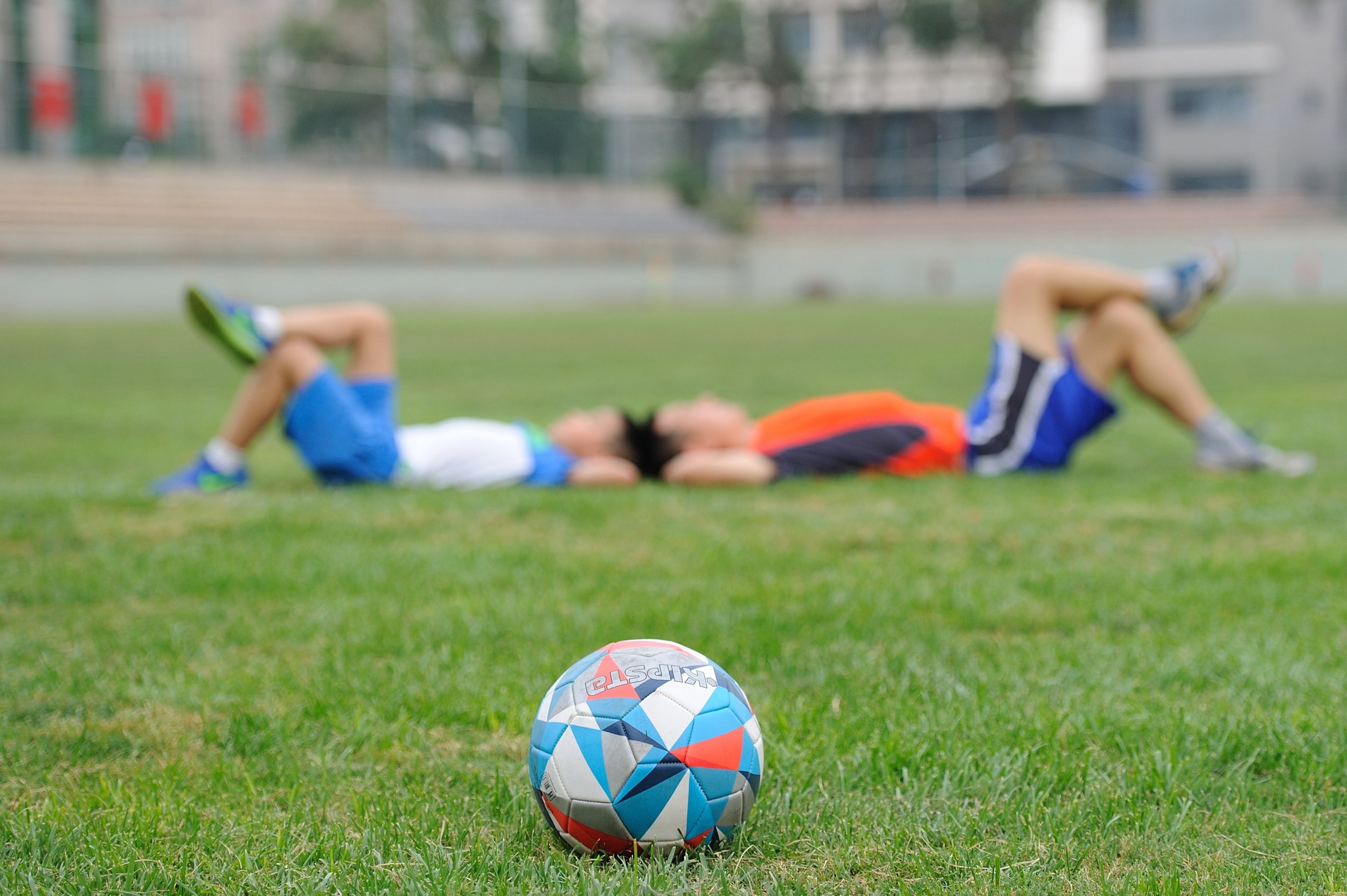The secret to keeping kids active
We all know the benefits of keeping kids involved in sport, but we also need to make sure that they are actually enjoying it. Sport helps them grow in so many ways, including physically, socially and psychologically. Children don’t need to know any of this of course, all they want is to have fun. If you ask them why they participate, they’ll all say to meet friends or to play. If the fun goes, so do all the lifelong benefits.
On the other hand, the primary goal of athletes, and many parents and adults, is winning so you can see how sometimes things can go wrong and conflict can arise if a child senses that the adult isn’t pleased by their performance or if training is tough and rigid.
Remember children all develop at their own pace and therefore some might not yet have the motor skills or physicality or concentration levels necessary to be at the same level of their peers. It’s vitally important that they’re kept involved or they run the risk of leaving physical activity, and all the benefits it entails behind.
What is important is the joy of the sport, and as they get a little older, children will get more interested in rules and improvement. Your role, as a parent or a coach is to support their growth and make sure they enjoy it.
How do you create a environment where children enjoy sport?
· Being upbeat and happy yourself is a great start
· Make sure you find something positive to encourage the child with.
· Praise ‘off-field’ skills too like cooperation or how they clean up after themselves.
· Ensure they understand that while winning is good, losing happens a lot and tell them the important thing is that they do their best and have fun.
· If you notice that a child isn’t enjoying it, explore why. Perhaps they may need to join another group, or another level, or try another sport.
· Remember, your ultimate aim is to do what is best for your child. Just because you enjoyed rugby, doesn’t mean she wouldn’t prefer to play basketball.
The Parent Trap
If your child has shown the potential to be an elite athlete, remember your role as a parent is to support them as they find their way. Be mindful of some common parent traps such as placing too much emphasis on winning or mistakes, and not enough on your child’s needs and development. Your child doesn’t always need to hear what you think or want to know your feedback. If arguments tend to revolve around their sport, that is another big warning sign for you to back off.
If in doubt, remember the child is always more of a priority than the development of the athlete. Emphasise the importance of other facets of life such as school and friendships. Stay involved in a healthy way, which means your child will also have a healthy relationship with sport.



